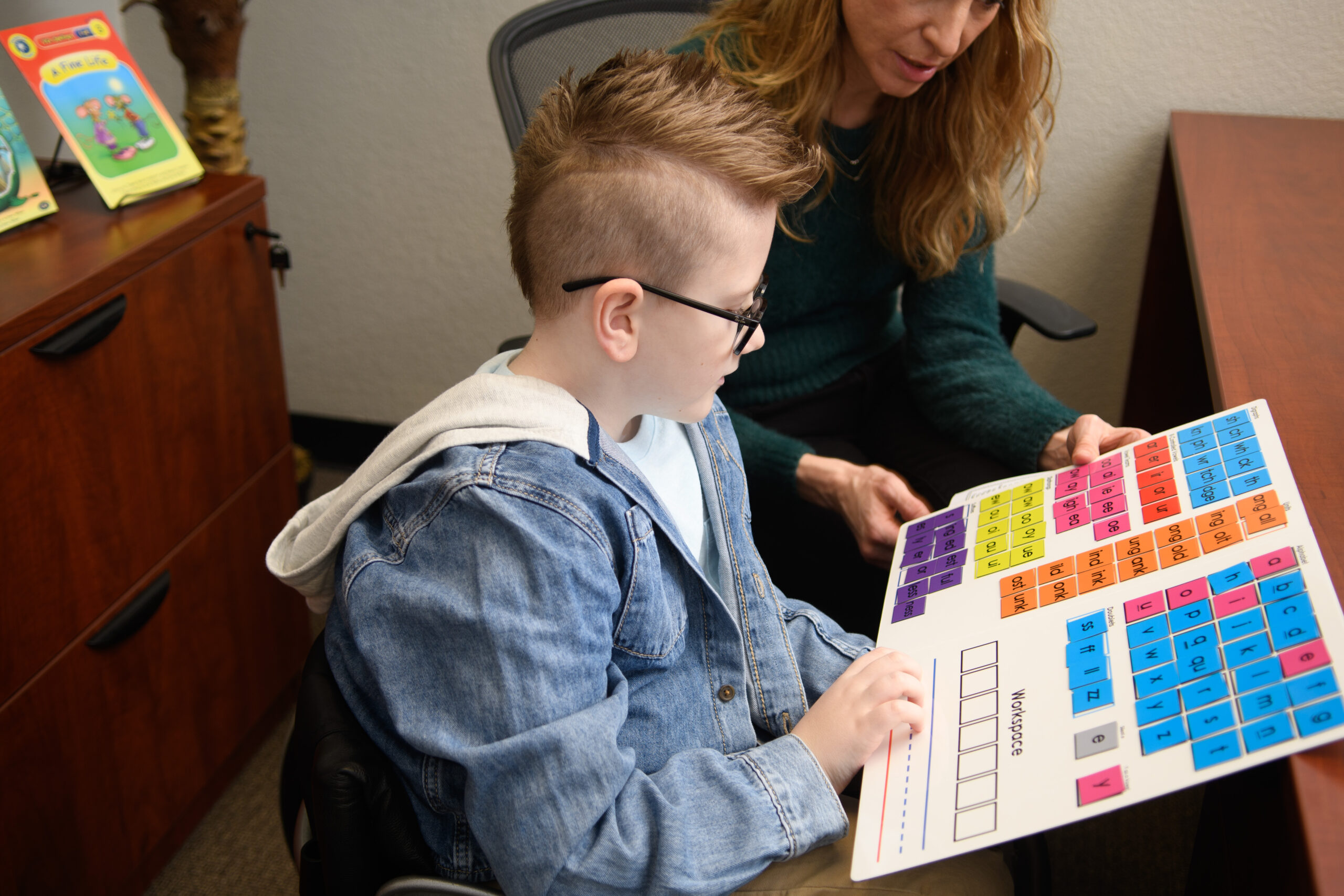Dyslexia is a common learning disorder that affects a person’s ability to read, write, and spell. It’s important to recognize the early warning signs of dyslexia to provide timely support and interventions. Understanding these signs can help parents, educators, and caregivers take appropriate action to assist individuals with dyslexia in overcoming learning challenges.
What is Dyslexia?
Dyslexia is a neurological condition that impacts the way the brain processes language. It is not related to intelligence, but rather to how the brain decodes written words. People with dyslexia often struggle with reading fluently, spelling words correctly, and writing with ease. However, with the right support, they can learn to manage their difficulties and excel in various areas.
Recognizing Dyslexia Early: Why It Matters
Early identification of dyslexia is crucial because it allows for interventions that can significantly improve a child’s learning experience. The sooner the disorder is detected, the earlier educators and parents can implement strategies to help the child succeed academically. This can also boost the child’s confidence and reduce frustration associated with learning difficulties.

Common Early Warning Signs of Dyslexia
While dyslexia can manifest differently in each person, there are some common early warning signs to watch for. These signs may become evident when a child begins to learn to read or write, typically during preschool or early elementary school years.
Difficulty with Phonological Processing
One of the hallmark signs of dyslexia is difficulty with phonological processing. This refers to the ability to recognize and manipulate sounds in words. Children with dyslexia may have trouble rhyming words, identifying beginning and ending sounds, or breaking words into syllables.
Delayed Speech Development
Children with dyslexia often experience delayed speech development. This can include a late start to speaking, difficulty pronouncing words, or trouble learning new vocabulary.
Challenges with Learning the Alphabet
Learning the alphabet can be particularly challenging for children with dyslexia. They may struggle to remember the names and sounds of letters, which can impact their ability to read and write.
Problems with Reading Fluency
Reading fluency is another area where dyslexic children may struggle. They might read slowly, hesitate frequently, or have difficulty sounding out words. This can make reading a laborious and frustrating task.
Spelling Difficulties
Spelling can be a significant challenge for individuals with dyslexia. They may spell words phonetically, such as writing “frend” instead of “friend,” or they might have trouble remembering the correct order of letters in words.
Difficulty with Sequencing
Many children with dyslexia have trouble with sequencing tasks. This can include difficulties with days of the week, months of the year, or following multi-step instructions.
Trouble with Writing
Writing can pose significant challenges for those with dyslexia. They might have an awkward pencil grip, produce messy handwriting, or find it hard to organize their thoughts on paper.
Low Frustration Tolerance
Children with dyslexia often become frustrated easily, especially when tasks involve reading or writing. This frustration can lead to low self-esteem and reluctance to participate in school activities.
When to Seek Professional Help
If you notice several of these early warning signs in a child, it is important to seek professional help. A formal evaluation by a psychologist or educational specialist can diagnose dyslexia and recommend appropriate interventions.
Formal Assessment
A comprehensive assessment will typically involve tests that measure reading, writing, spelling, and language skills. This evaluation can determine whether a child has dyslexia and the severity of the condition.
Importance of Early Intervention
Early intervention can make a significant difference in the academic success of a child with dyslexia. Interventions might include specialized reading programs, tutoring, or accommodations in the classroom to support the child’s learning needs.

Supporting a Child with Dyslexia
Once a child is diagnosed with dyslexia, there are several ways to support them in their learning journey.
Create a Supportive Learning Environment
Creating a supportive and understanding environment is crucial. Encourage the child to express their frustrations and work with them to find solutions to their challenges.
Use Multisensory Teaching Methods
Multisensory teaching methods, which engage multiple senses, can be particularly effective for children with dyslexia. These methods might include using visual aids, hands-on activities, and auditory exercises to reinforce learning.
Encourage Reading for Pleasure
Encourage the child to read for pleasure, choosing books that interest them. This can help improve reading skills in a less pressured environment.
Foster a Positive Attitude
Maintain a positive attitude towards the child’s learning efforts. Celebrate small successes and remind them that dyslexia does not define their abilities or potential.
Conclusion
Understanding the early warning signs of dyslexia and knowing when to seek help can greatly impact a child’s educational journey. With the right interventions and support, children with dyslexia can overcome their challenges and achieve academic success. Early detection and proactive measures are key to helping them thrive in their learning environment.
Take the Next Step: Contact PDX Reading Specialist for a Comprehensive Reading Assessment
If you suspect that your child may be showing early warning signs of dyslexia, don’t hesitate to take action. Contact PDX Reading Specialist today for a comprehensive reading assessment. Our team of experienced professionals is dedicated to providing the support and resources necessary to help your child succeed. Early intervention is crucial, and we are here to guide you through the process. Reach out now to schedule an appointment and take the first step towards empowering your child’s learning journey!


